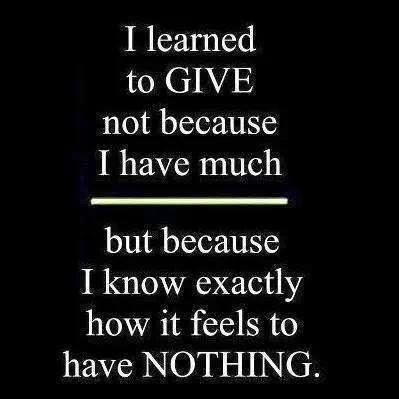In my second novel, Skeleton
Key, the murder mystery revolved around a train wreck, a wreck where
something went wrong with the brakes. I had a beta reader look over my
manuscript and at one point, she wrote, “I think you spelled brakes wrong.” I
did. There are two spellings with the same pronunciation, which I always
thought was the definition of a homonym. I guess they’re also often called
homophones. I did a search for “breaks” (the misspelling), and I found that I
misspelled it seven times. The other thirty or so, I got right. Regardless, since
I started The Red Pen, I’ve done
numerous spelling posts. This one about homophones (I plan to stubbornly call
them stupid spelling errors) was well over a year in the making as I looked for
homonym/homophone/stupid spelling errors on the Internet and with my students
at school. The list I made is incredible—funny but kind of sad at the same time.
These are the most interesting of the stupid spelling errors.
1. I showered and shampooed my hare. (This was such
a good idea, I showered and shampooed my cat.)
2. The book had a vampire and a wearwolf. (I’ve made
my list and I’ve determined for myself that I shall never wear clothing that
requires batteries, wear Crocs, wear Dickies, or wear wolves.)
3. I predict he’ll be the next American Idle. (Is
this a thing to strive for? I have a whole slew of idle Americans in my English
classes.)
4. No
parking. Violators will be toad. (That’s a harsh punishment.)
5. Isn’t that a picture of Noah’s arc? (Well, God
did provide a rainbow, so it’s possible.)
6. He was a pathetic heroine addict. (I resent the pathetic
tag because I’ve been hooked on good female characters before as well. I think
I’m a Jennifer Lawrence heroine addict, for instance.)
7. It was wrapped around his waste. (Most likely,
this would be a garbage bag.)
8. The man
had a balled head. (I hope it’s not football shaped.)
9. We had to shoe him from the shop. (This one
reminds me of my student who wrote, “It’s nice to meat you.” I pictured him happily
hitting someone with a pork chop—which is only slightly worse than whacking the
guy with a sneaker.)
10. The Loan Ranger rides again. (Passing out money
to
needy criminals, no doubt.)
11. Mix it
with flower. (This is how it’s done.)
12. I was mesmerized by her bear shoulders. (People have
eagle beaks, hawk eyes, and knees
like a camel, so why
not bear shoulders?)
13. He’s a cereal killer. (Aren’t we all? Breakfast
is the most
important meal of the day.)
14. The earthquake berried the family. (It was at a
Smucker’s
manufacturing plant.)
15. There’s a
leek in the boat! (This doesn’t
really sound like
much of an emergency to me.)
16. He walks with a smooth gate. (It’s cumbersome and
attracts a lot of attention, but it’s smooth.)
17. She has a fowl disposition. (As evidenced by how
she flies
off the handle and posts angry tweets.)
18. I disgust it with my wife. (No comment.)
19. Grab a coat. It’s chili outside. (Shouldn’t they
be grabbing
bowls and spoons?)
20. He’s the
air to the throne. (Something like this, I assume.)
I had a list of probably 35 stupid spelling homophones
collected, but by now, you get the point. This is the type of thing I deal with
in class with my students and on the internet with careless adults. It’s funny
though—funny as in curious. Almost every stupid spelling error I wrote above is
underlined in my text—a sure sign to the writer that a stupid spelling error has been made. The spell check feature is pretty handy for a writer. And if a
writer isn’t sure about a homonym/homophone and is wary of making a stupid
spelling error, all he or she has to do is go to Google and type “bear or
bare” or “gait or gate,” for instance, and
incredibly, there is an answer that’s handy within a portion of a second.
In Bulletproof in
an early scene, a drunk bar patron announces to a man from whom he’d just won a
bet that he needed “to take a leek.” My aunt sent me a giggling note on
Facebook saying, “That’s a vegetable, Jeff.” We all make mistakes, but that
doesn’t change the fact that each and every one of them is a stupid spelling
error. Its time that defenders of there language stood up and said allowed, “Get
you’re homophones write!” (Otherwise, it’ll look like five more stupid spelling
errors.) Class dismissed.































